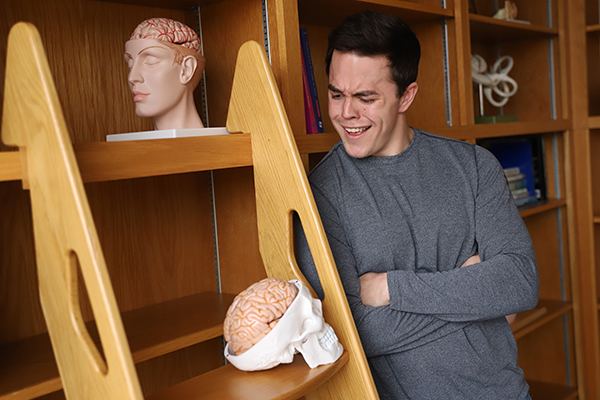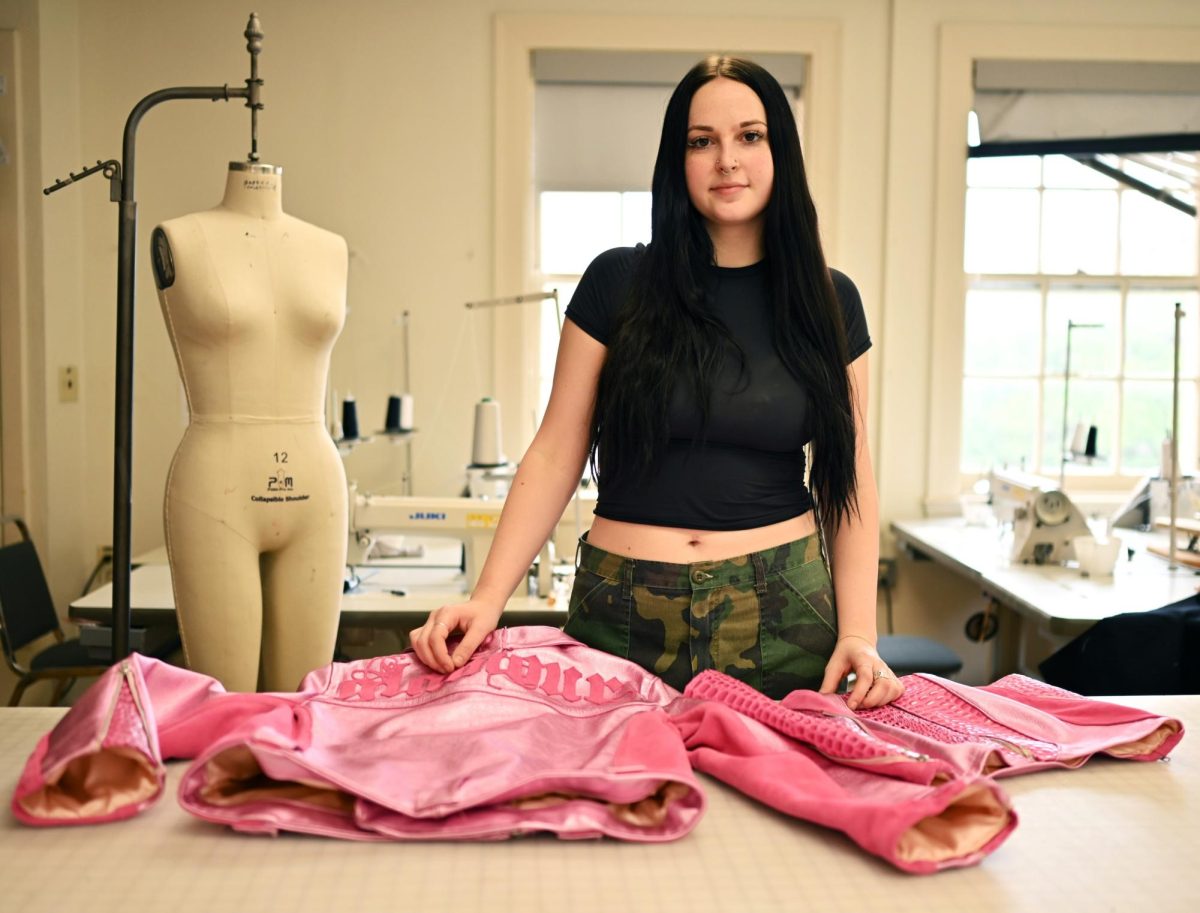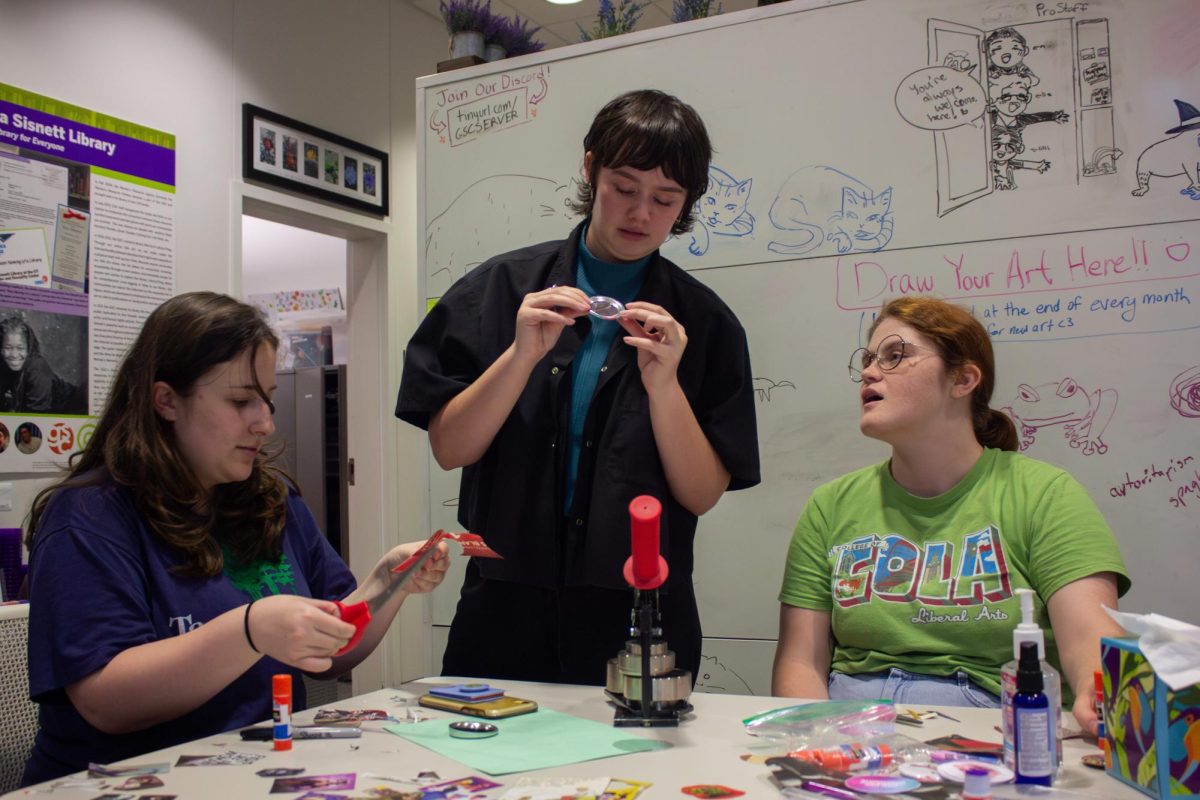After his accident, Austin Morgan wasn’t expected to live, yet today he is a part of a nonprofit for people just like him.
On July 6, 2014, neuroscience senior Morgan had a motocross accident, leaving him with a traumatic brain injury. Today, he serves on their social committee for the nonprofit Austin Neuro Connections, which facilitates community among brain injury survivors.
Morgan said community is essential because it’s less visible among traumatic brain injury survivors. Following his injury, he said most patients in the hospital didn’t suffer from a brain injury so he couldn’t talk to someone with a similar experience.
“You can’t reach out if there’s no one to reach out to,” Morgan said. “(Brain injury) puts you on your own island.”
Ali Lofton founded Austin Neuro Connections in September after working at a post-acute brain injury rehabilitation center. She realized when brain-injured patients left rehab, most lacked the social support they previously had.
“They’re feeling a lot more insecure about their own ‘deficits’ than anybody realizes,” Lofton said. “(These survivors) get lost in their heads and have trouble getting back into the community and
interacting with people again.”
Creating community is exactly what this organization aims to do through networking events for adult survivors and caregivers of brain injury held every month. They also have a private Facebook page and send monthly e-newsletters, including an educational piece about brain injuries.
Morgan began as an intern at Team Luke Hope For Minds last semester and attended one of their support groups. While there, he met Lofton, who asked him to join the team at Austin Neuro Connections. Lofton said she immediately noticed his potential as a peer mentor.
“He was super outgoing and confident,” Lofton said. “Those aren’t the most common personality traits you’ll find in someone post-brain injury, so he stuck out to me.”
This same potential impressed Meeta Kothare, Morgan’s faculty mentor, last semester in Kothare’s social innovation practicum. She required her students to create ideas for a project with social impact in the Austin area. Kothare said Morgan amazed her because although pitching ideas was optional, Morgan shared his idea of helping traumatic brain injury patients after telling his story.
“To tell your story to a new class takes a lot of courage,” Kothare said. “He could be doing the bare minimum, but he’s pushing himself.”
Morgan said his passion for this work became clear after visiting a traumatic brain injured patient when one of his therapists called him to the hospital.
“I raced dirt bikes all my life, and that was my passion,” Morgan said. “(But) after working with that student, winning any race has not been close to the satisfaction I got from helping him.”
Kothare said she is impressed with Morgan’s growth after his injury.
“He’s taken what was an actual tragedy and made something potentially amazing out of it,” Kothare said.
After his injury, Morgan said it helped him realize that recovery is a lifelong challenge. With this in mind, he said he aims to show survivors the light at the end of the tunnel.
“I want to make a difference in so many lives because a brain injury is not fun. It sucks,” Morgan said. “However, people will be stuck in that mindset unless someone proves them wrong.”





















